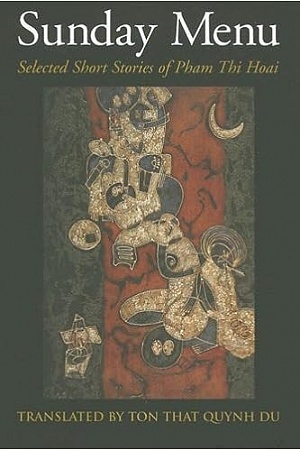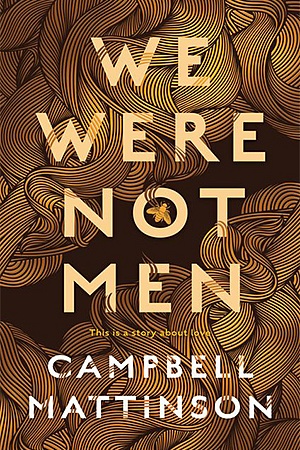An Ordinary Ecstasy
Giramondo, $26.95 pb, 240 pp
A piñata full up with words
Our high school art teacher would often look at a student’s work and judge it ‘interesting’. Sometimes this was a written comment, accompanied by a lacklustre mark like 14/20, which led us to suspect – perhaps rightly – that ‘interesting’ was a euphemism for ‘inept’. Now I wonder if it occasionally meant: curious, out of the ordinary, sui generis, hard to grade or categorise, or distinctive if not fully achieved. If so, Luke Carman’s short story collection An Ordinary Ecstasy is ‘interesting’: eclectic, uneven, at times ungainly. You have the sense that Carman is following the maxim ‘write for yourself’. Past success has earned him that privilege and, as Carman’s tumbleweed talent rollicks untamed across the streets of Sydney’s Inner West out to Blacktown and as far north as Byron Bay, the results are never pedestrian.
Carman spent his formative years in Liverpool, but his centre of imaginative gravity has shifted out of Sydney’s west. An Ordinary Ecstasy lacks both the gritty, insistent sense of place and the metafictional play that lent a fusing grace to his earlier, acclaimed collection An Elegant Young Man (which won the 2014 New South Wales Premier’s New Writing Award). There is also less critical, dialogic engagement with ideas of nationhood, multiculturalism, and suburban tribalism. The new book’s interests are more eclectic, less self-evident. Its cover blurb does not mislead in praising Carman’s distinctive way of rendering ‘emotion as it grows in intensity, often comically’ from unexpected starting points. The first instance of ordinary ecstasy arises in the first story, ‘A Beckoning Candle’, when a cheap Elvis poster summons memories of one of the King’s concerts as a secular communion, uniting flawed mortals in ‘sustaining tenderness’, and the tacky artefact becomes imbued with quasi-divine agency in a manner reminiscent of Flannery O’Connor. But Carman is less interested in full-blown epiphanic transports than in calling our attention to the more low-key, transient intensities occurring in those passages that make up life’s ‘filler.’ If you resist this, An Ordinary Ecstasy may lose you.
Continue reading for only $10 per month. Subscribe and gain full access to Australian Book Review. Already a subscriber? Sign in. If you need assistance, feel free to contact us.















Leave a comment
If you are an ABR subscriber, you will need to sign in to post a comment.
If you have forgotten your sign in details, or if you receive an error message when trying to submit your comment, please email your comment (and the name of the article to which it relates) to ABR Comments. We will review your comment and, subject to approval, we will post it under your name.
Please note that all comments must be approved by ABR and comply with our Terms & Conditions.